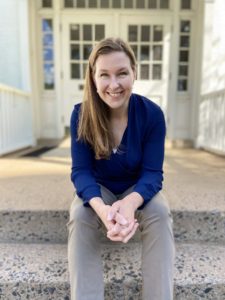By Mary Welander
State Rep., D-114

Mary Welander
We just finished Read Across America week, where I had the opportunity to visit multiple public schools across the district and see what an amazing job our educators are doing to instill a love of reading in our youngest students. If you ever have the chance to volunteer to read with children, I can guarantee that it will be an incredibly rewarding experience, especially if it is in a classroom setting. Seeing firsthand our teachers work tirelessly to direct, support and instruct a classroom of students will give you a new appreciation for the work they do.
The Education Committee also had a big week at the state Capitol. We held a 14-hour public hearing to discuss a multitude of issues that are challenging our schools right now, but my priorities were SB 1096, An Act Concerning the Charter School Approval Process, and SB 1094, An Act Concerning the Implementation of Reading Models or Programs.
Regarding SB 1096, it is no secret that I firmly support the type of schools that we have here in Orange, or what is called a “neighborhood public school.” My belief is based on this simple point: public funds should have public oversight. Right now, any resident can reach out to their elected board of education members, attend and speak at their public meetings, and then vote on whether to approve or reject the requested budget. It’s not a simple process and can often be difficult or messy. But it is the democratic process.
Currently, if a charter management organization or individual wants to open a charter school, they need to apply for an initial certificate of approval from the appointed members of the State Board of Education. If certificate is granted, they then need to request the set startup funds of $1.2 million from the elected state legislature, going through the committee, appropriations and budgetary process.
The charter school cannot begin to enroll students or be legally seen as an official school until those funds are granted. SB 1096 would change that process, eliminating the publicly elected legislature altogether and granting immediate and complete control to the politically appointed State BOE. This is unacceptable. A personal stance on charter schools is irrelevant in this instance. It all comes back to the idea that public funds should have public oversight.
SB 1094 is a bit more complicated. The goal of this legislation was to ensure that all students can read at grade level by the end of third grade; this is a goal that I know we can all support. The problem is in the details; the current law requires that districts choose one of six literacy programs to use/purchase, regardless of existing program use and effectiveness. During the hearing we heard from countless educators that more flexibility is needed in the approach.
We must let our teachers do what they are experts at: teaching. I challenged the commissioner of education to provide more options for instruction and clarity on the waiver process, and will continue to work toward improving this legislation.